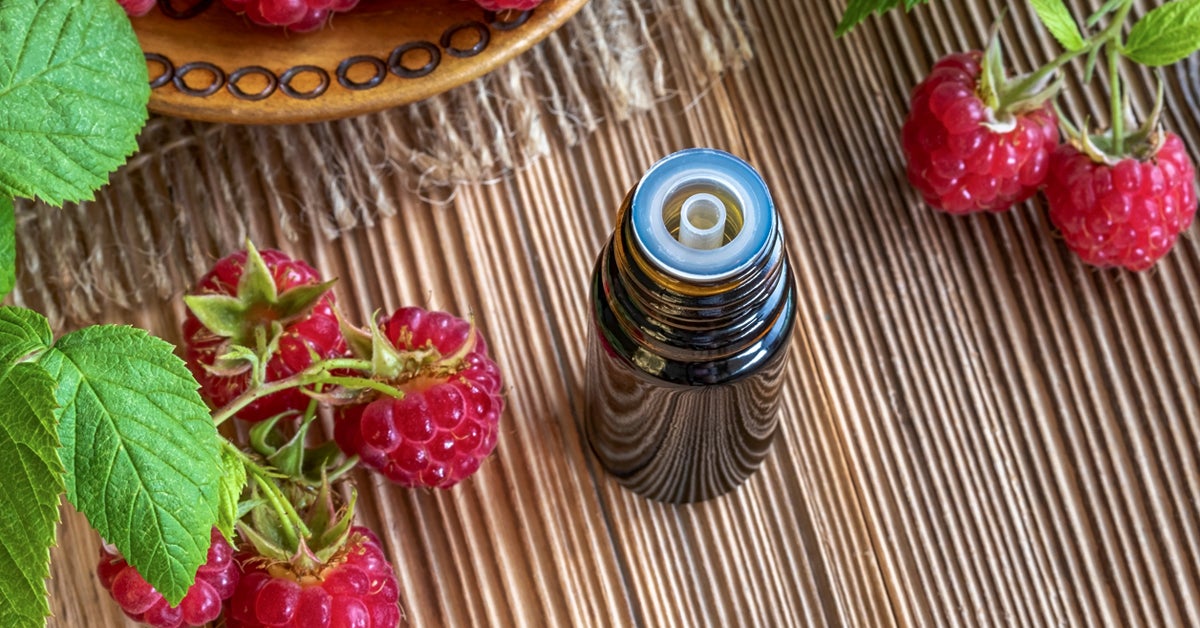CBD for Acne: Research, Efficacy, Cautions, and More
People have used natural treatments for thousands of years to promote beautiful, healthy skin. One of the treatments that's increasing in popularity is cannabidiol (CBD), a compound you can find in the marijuana plant, Cannabis sativa.
Products containing CBD are everywhere — from topical pain relievers to skin softeners and potential acne remedies.
Read on for more information about CBD as a potential acne treatment and how to find high-quality products.
Acne is a condition that occurs when excess oil, dirt, and dead skin cells clog pores. The bacteria p. Acnes can build up in the pores, causing angry, red blemishes.
With this in mind, acne treatment involves keeping the skin clean, free from acne-causing bacteria, and cutting back on excess oil that can clog the skin.
Most of the research surrounding acne and CBD is related to CBD's power in stopping the processes known to cause acne, such as excess oil buildup. One of the most promising studies was published in The Journal of Clinical Investigation.
In this study, researchers measured the effects of CBD compounds on human skin samples and oil-producing glands in a laboratory.
The researchers found that CBD inhibited oil production and also had anti-inflammatory effects on oil-producing glands. They concluded CBD was a 'promising therapeutic agent' for acne treatment.
Does it work for body acne?
Because body acne occurs by the same mechanisms that facial acne does, it's possible that CBD-containing products could help treat body acne. Many skin care product manufacturers incorporate CBD into soap bars or body washes.
Although CBD products may not be specifically marketed to people with body acne, their antibacterial and anti-inflammatory properties may provide some benefit.
Acne scars occur due to underlying disruptions in the skin caused by enlarged pimples and skin picking.
A study published in the journal La Clinica Terapeutica studied 20 participants who had scars related to psoriasis and atopic dermatitis. The participants applied CBD-enriched ointment to scarred areas of skin twice daily for three months.
After the three-month period, the researchers found that the CBD ointment significantly improved the skin's appearance in categories like elasticity and hydration.
Although the study was small and not performed on those with acne scars, it does show promise that CBD products could help reduce the appearance of acne scars.
CBD may be helpful in treating other skin woes, too. Here are some examples.
Psoriasis
A study published in the journal PeerJ Life & Environment found promising results for those who have psoriasis. The study found that cannabinoid receptors in the skin have the power to reduce excess skin cell growth, a common problem in those with psoriasis.
The researchers theorized that cannabinoids could have the potential to 'shut off' the receptors that caused excess skin cell buildup in people with psoriasis.
Because the researchers didn't conduct the study on living skin — they used human cadaver skin — it's hard to say if they could duplicate the results. However, the study shows promise for those hoping to use CBD products to reduce their psoriasis symptoms.
Itchy skin conditions
According to the Journal of the American Academy of Dermatology (JAAD), one of the most promising uses for CBD is in the treatment of itchy skin.
The journal cited a 2005 study that found 81 percent of hemodialysis patients with itchy skin who used a CBD-containing cream experienced complete resolution of their symptoms.
The authors of the JAAD article theorized that cannabinoids have the power to turn off signals that transmit to the brain from nerve endings in the skin that indicate skin itching. When coupled with skin-soothing ingredients in lotions and oils, the effect can be itch-relieving.
Research on CBD's safety published in the journal Cannabis and Cannabinoid Research found CBD has a 'favorable safety profile.'
The researchers found the most commonly reported side effects were fatigue, diarrhea, and appetite changes. However, these side effects are largely for people who ingest CBD, not for those who apply it topically.
It's possible that a person could experience an allergic reaction to topically applied CBD.
If you have symptoms like skin swelling, itching, or skin peeling after applying CBD-containing products, wash the affected area with soap and water. You may wish to apply cold compresses to soothe irritated skin.
Discontinue use of CBD products if you think you've had an allergic reaction.
Many skin care manufacturers are beginning to sell CBD products. Some of the products you can currently purchase include:
- Flora + Bast Age Adapting CBD Serum, $77 at Sephora.com: This oil-only serum is designed to clear acne blemishes and smooth skin.
- Kiehl's Cannabis Sativa Seed Oil Herbal Concentrate, $49 at Kiehls.com: This facial oil is designed to reduce skin redness and decrease blemishes.
- Myaderm's CBD Calming Cream, $24.95 at Myaderm.com: This skin-soothing cream is intended to moisturize dry skin areas and soothe acne-related redness.
A word of caution
Lots of manufacturers are eager to add their products to the CBD oil craze. Unfortunately, not all contain CBD as marketed, according to a research study published in the journal JAMA.
In this study, the researchers tested 84 products that had a CBD label. They found 26 percent of the products tested had less CBD oil than advertised, which could affect how well the product works.
The good news is the researchers did find that oil formulations containing CBD were most commonly correctly labeled. Most acne treatments are oils.
As a consumer, one way you can ensure your product is high-quality is to buy it from a company that uses an independent laboratory to confirm the labeling.
Although CBD comes from the marijuana plant, it doesn't have the chemicals that make a person feel high. That doesn't make the compound any less controversial, as manufacturers still have to use the plant to make CBD products.
In 2018, the Congress passed a bill called the Agricultural Improvement Act, or farm bill. This act legalized the use of hemp that's also derived from the Cannabis sativa plant.
According to the Food and Drug Administration (FDA), if the plant has less than 0.3 percent tetrahydrocannabinol (THC), it's considered to be hemp. If it has more than 0.3 percent THC, it's considered to be marijuana.
Because manufacturers can make CBD for use in skin care products from either variety, the legality over CBD is very confusing.
For right now, the FDA isn't largely regulating CBD products. However, the FDA doesn't allow manufacturers to falsely promise and label CBD products as miracle cures for ailments.
Whether you can get CBD skin care products delivered to your home or buy them in a store depends on where you live. Your state and local laws may dictate if you can legally buy and use CBD products.
To say that CBD products are an effective treatment for acne, dermatologists need large-scale studies on living skin. Until researchers conduct those, smaller laboratory studies do show promise.
If you do buy CBD products for acne, read the labels carefully, and buy from reputable businesses whose products are tested in independent laboratories.
-
 6 interesting genetic traits that children will inherit from their parents
6 interesting genetic traits that children will inherit from their parents
-
 7 effects of asparagus on child development
7 effects of asparagus on child development
-
 Does cutting blood hair for babies bring good luck?
Does cutting blood hair for babies bring good luck?
-
 The more babies eat, the higher the height they develop, especially the second kind
The more babies eat, the higher the height they develop, especially the second kind
-
 Children with chicken pox should eat to quickly recover from the disease, without leaving a deep scar?
Children with chicken pox should eat to quickly recover from the disease, without leaving a deep scar?
-
 The more food is cooked, the better it can be for health, especially the second type
The more food is cooked, the better it can be for health, especially the second type
-
 Water Walking: Benefits and Exercise Variations for the Pool
Water Walking: Benefits and Exercise Variations for the Pool
-
 Numbness in Knee: Causes, Treatments, and When It's Urgent
Numbness in Knee: Causes, Treatments, and When It's Urgent
-
 Red Raspberry Seed Oil: Sunscreen Effectiveness, Plus Other Benefits
Red Raspberry Seed Oil: Sunscreen Effectiveness, Plus Other Benefits
-
 Mustard on Burns: Why You Shouldn't Use it, Plus Remedies That Work
Mustard on Burns: Why You Shouldn't Use it, Plus Remedies That Work
-
 Can You Get High from Smelling Weed? Secondhand Side Effects
Can You Get High from Smelling Weed? Secondhand Side Effects
-
 Skin Bleaching Products and Procedures: Side Effects and Benefits
Skin Bleaching Products and Procedures: Side Effects and Benefits































